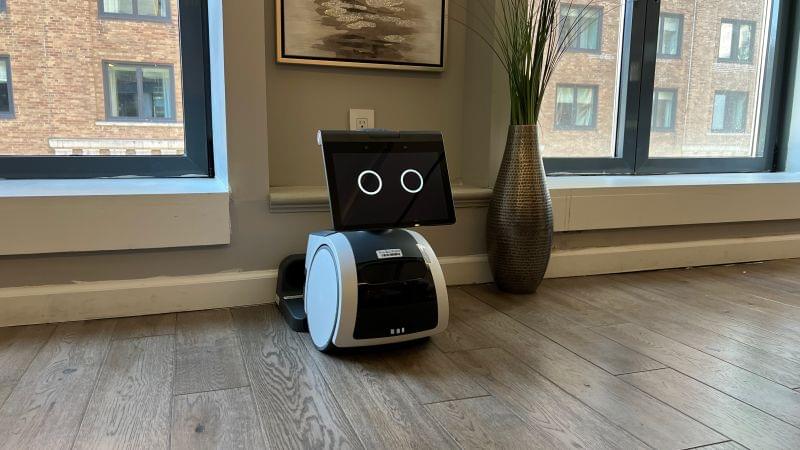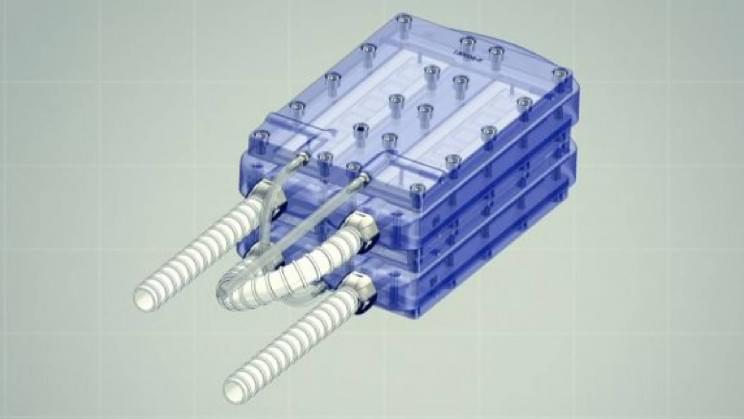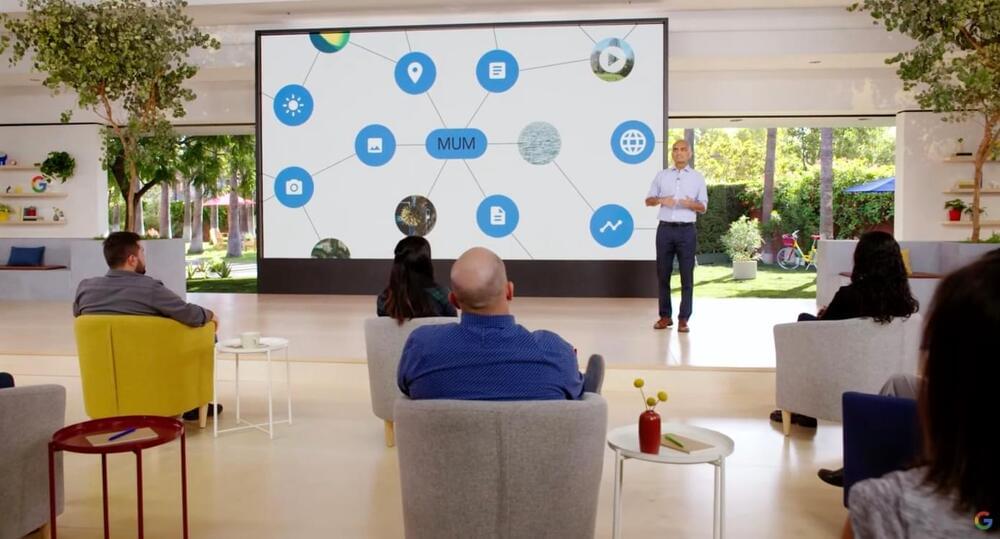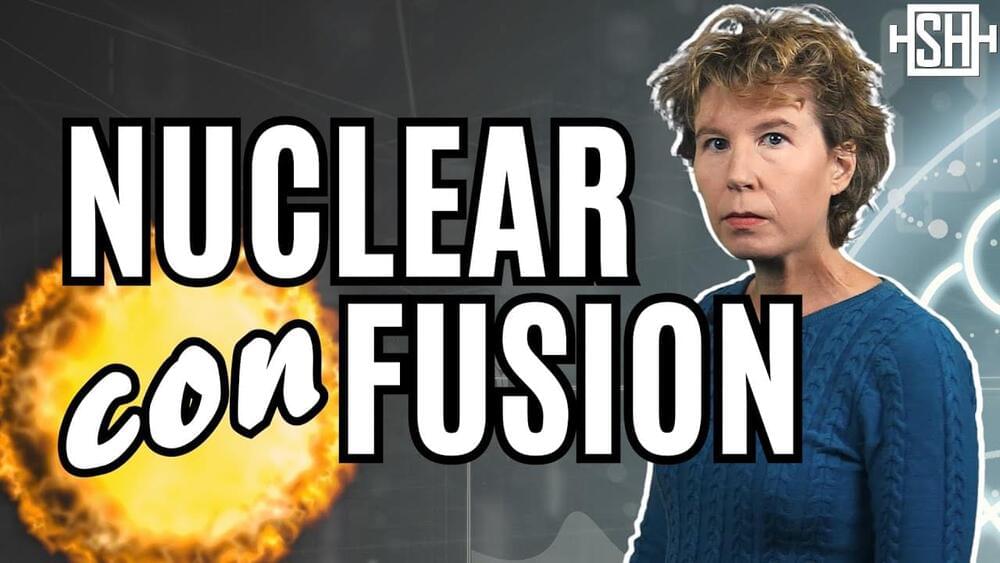
“While there have been published doubts raised about the accuracy of some of this CMB data, taken at face value it appears we may not have the right understanding, and it changes how big the Hubble constant should be today,” Riess said at the time.
“This surprising finding may be an important clue to understanding those mysterious parts of the universe that make up 95% of everything and don’t emit light, such as dark energy, dark matter and dark radiation.” Given its breadth and scope, astronomers around the world have taken the findings of Riess and his colleagues very seriously. After all, in 2011 Riess had shared the Nobel Prize in Physics for the initial discovery that the universe wasn’t just expanding, but that the rate at which it was doing so was also increasing.
Erik Verlinde of the University of Amsterdam has spent much of his time since 2010 attempting to develop a totally new theory of gravity, one that explains such observations without the need to invoke the likes of dark matter and dark energy. This resulted in his theory of emergent gravity, so-called because gravity is not a fundamental force after all, but an emergent phenomenon, similar to temperature emerging from the movement of particles.









